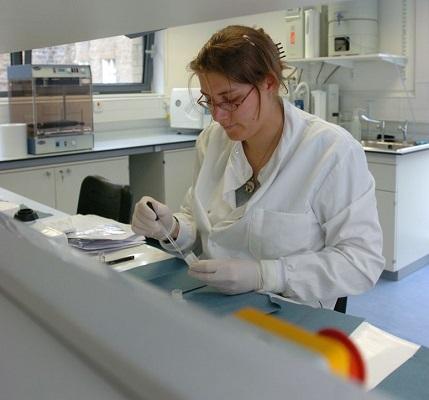Knowledge intensive sectors - such as life science, IT and telecommunications – showed their resilience and continued to expand during the early months of the pandemic, although at a slower rate than in the pre-Covid-19 period.
Other sectors like retail and hospitality were harder hit, in line with the experiences of these sectors across the country.
As the Cambridgeshire and Peterborough Independent Economic Review concluded in 2018, the economy here is of national significance. This research provides valuable new insight in the context of local and UK recovery policy.
The research was funded jointly by the Greater Cambridge Partnership and Cambridge Ahead, and carried out by the Centre for Business Research at the University of Cambridge.
It builds on the baseline data published in November 2020, with the latest research completed in February 2021 capturing employment data from a large sample of companies with financial years ending between February 2020 and August 2020.
Key findings from the research include:
Employment in Greater Cambridge continued to grow in 2019-20, despite the onset of the pandemic
While employment growth slowed to 2.3% from 4.7% one year earlier, researchers note that this remains “a significant rate of growth considering the unprecedented challenges brought about by Covid-19”
There was a notable variation in growth rates across industry sectors and firm sizes. Particularly, employment growth in knowledge intensive sectors (5.4%) has been considerably faster and more resilient than in non-knowledge intensive sectors (0.9%)
The fastest growing sectors in Greater Cambridge in the period were “life science and healthcare” (12%), “transport and travel” (5.9%) and “IT and telecoms” (5.2%)
The largest falls in employment were found in “other services” (-2%), which includes hospitality businesses
The research reveals the importance of the furlough scheme in holding up employment in sectors with declining sales.
The research will enable local and national policy makers to have robust and timely data on sectors and businesses in Greater Cambridge, providing insight above and beyond that offered by national data on which future investment plans can rely.
It will take the form of a series of updates designed specifically to understand the challenges facing local sectors in light of Covid-19.
Claire Ruskin, executive director of Cambridge Network and business representative in the Greater Cambridge Partnership Executive Board, said: “This is important data on the wide-ranging effects of the pandemic. It shows just how much we depend on knowledge intensive employment around Cambridge. The jobs economy at the moment is fragile, but it is clear that we rely on the very relevant skills in life sciences and information technology.
“Even in the pandemic, there are still a lot of jobs in these sectors - so one positive from this situation would be if people were inspired to think about training or support to help them find employment in these areas.”
Jane Paterson-Todd, CEO of Cambridge Ahead, said: “Whilst Cambridge has played a leading role in the national and global response to the pandemic, the local economy is experiencing similar lockdown challenges to anywhere else in the country. This new data demonstrates that the innovation economy in Cambridge will be a central force in our recovery over coming years, but is by no means immune to the challenges ahead.
“It is in all of our interests to maintain Cambridge’s profile as a world-leading centre of innovation during these uncertain times, and that we work hard to ensure that more local communities and businesses are able to share in future success.”
Furher research is set to be released in the summer, which will provide more information about the full effects of the first lockdown in the UK and the re-opening over summer 2020.
